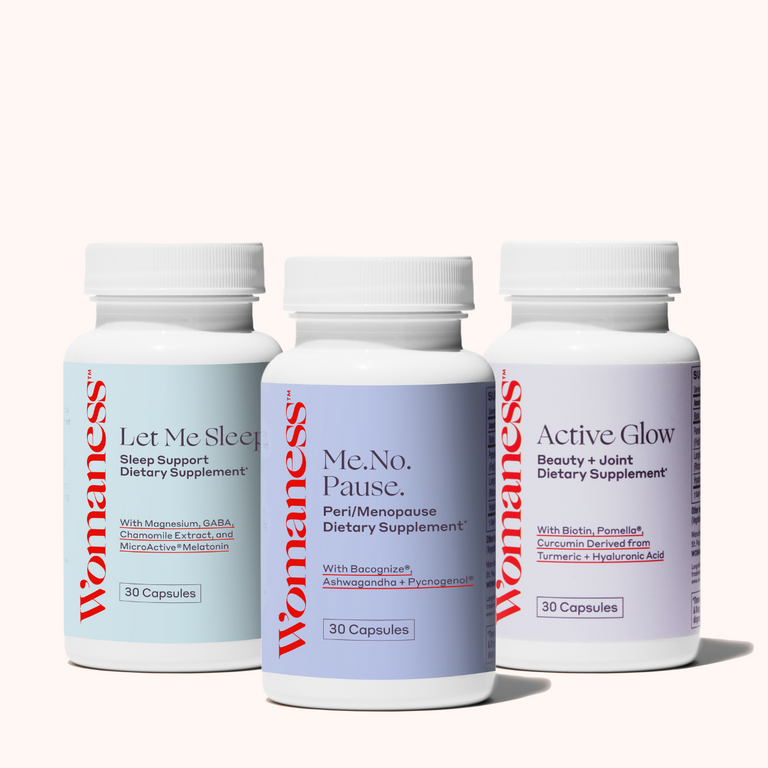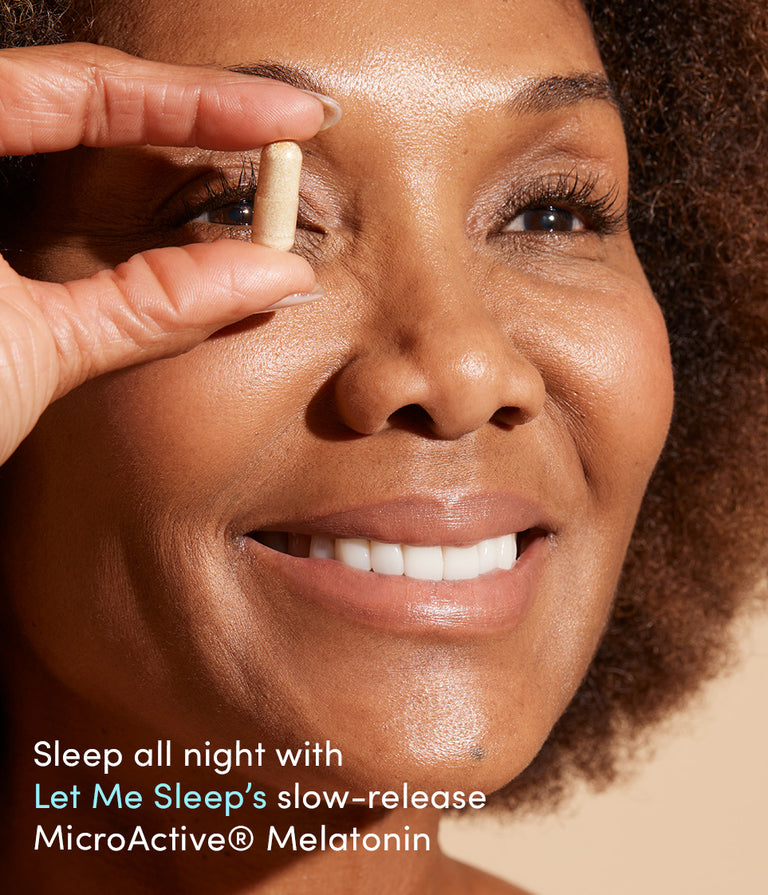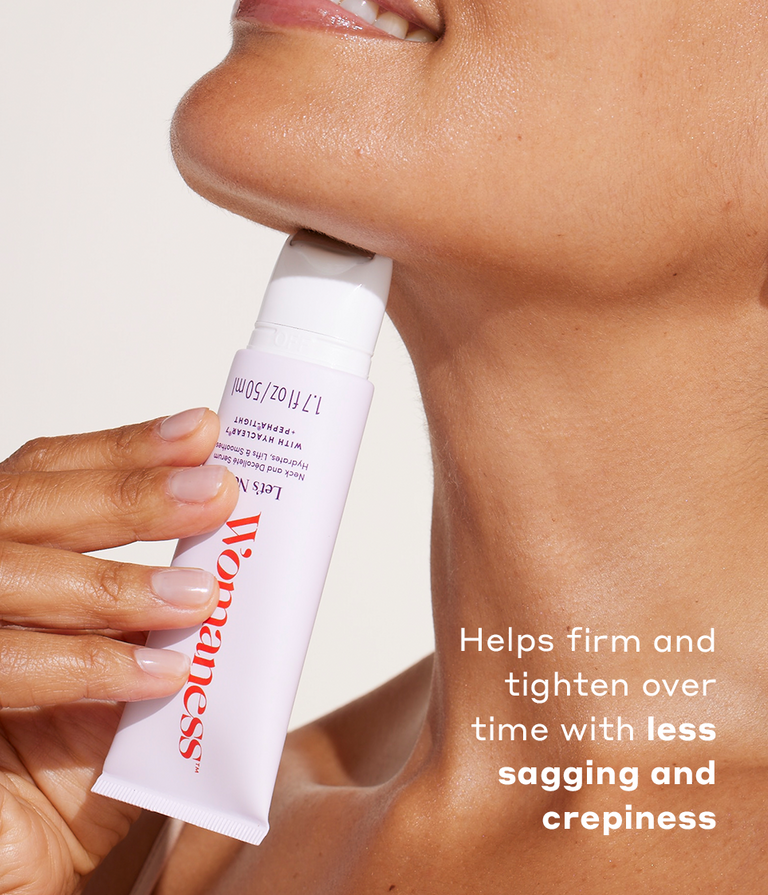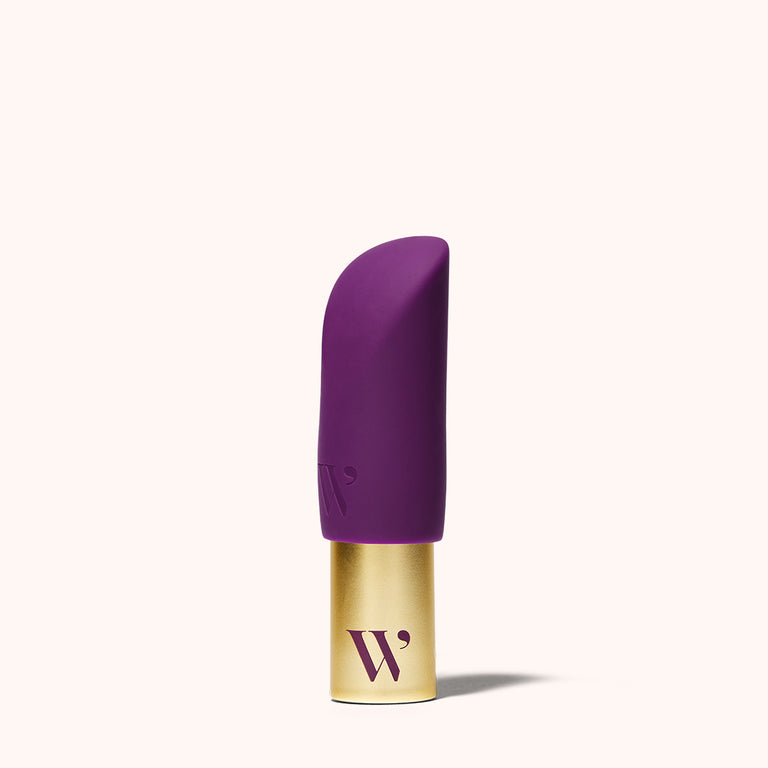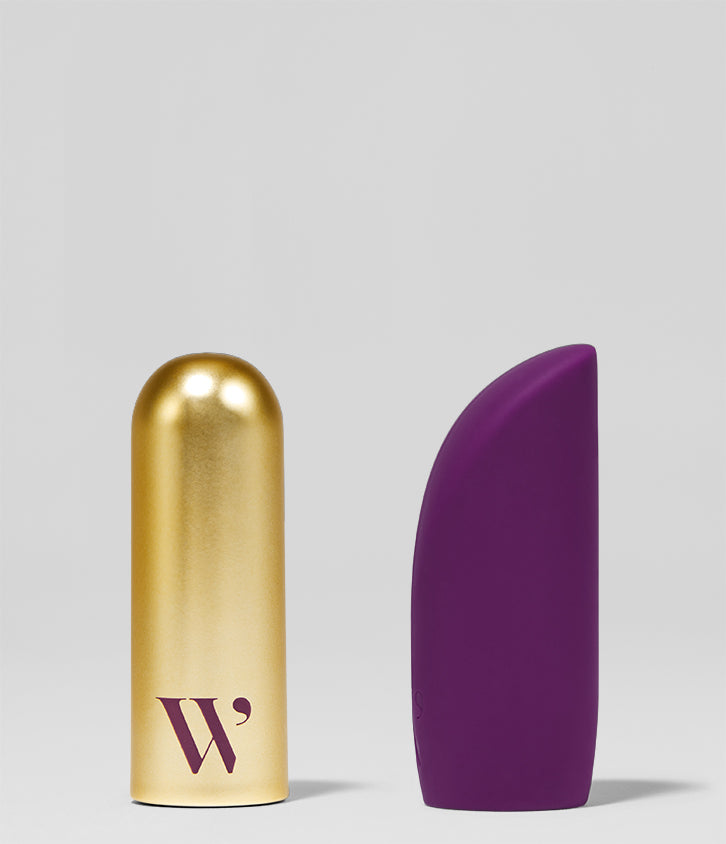By Womaness Editors 2-Minute Read

To celebrate Women's History Month in March, Dr. Somi Javaid joined us for sequins and straight talk at a live Womaness event in Nashville. She met some of our customers face to face and answered burning questions about all things menopause in the Music City's lighthearted and very-glittery White Limozeen rooftop (inspired by Dolly Parton, no less). The menopositivity—and Not Pausing cosmos—were flowing.
Dr. Javaid is the founder and Chief Medical Officer of HerMD, a forward-thinking, comprehensive women's health clinic specializing in gynecology, menopause, sexual health, and medical aesthetics. Here are our favorite moments from her Q&A session with customers we didn't think you (or anyone) should miss.
Highlights & Tips from Dr. Javaid

I went through menopause at 36 and have been on hormone replacement for a long time. What are your thoughts on how long to be on it, if it's safe, and if there are benefits to staying on it for a long time?
Dr. Javaid: "When I finished residency 20 years ago, that's when the horrible study came out that told us hormone replacement therapy led to cancer, dementia, heart attacks, stroke, and told us all, 'Put women on hormones, but only for a very limited time.' That was sexy and made headlines.
Since then, a lot of data has proven that we can protect bone, brain, and heart with the use of HRT. The party line is to continue hormones until age 65, as long as it is the patient's choice and safe for them given their medical history. With HRT, you are protecting patients from fractures, cardiovascular disease, and cognitive decline. So, in some patients it may be harmful to withhold hormones. Mainstream practitioners widely accept HRT now; it just did not make headlines. It's like, 'Oh, those are safe? OK, that's not a headline.' If you develop a condition—like if uncontrolled hypertension or something else happens—I will pull my patients off of hormone replacement therapy. But as long as it's the patient's choice and desire, and she has no contraindications it's safe until 65."
Can you talk about the cognitive decline from menopause? I thought I was going crazy! Can you reverse it?
Dr. Javaid: "Yeah, you can. There are medications you can take to support brain health. Play brain games, take vitamins, get sufficient sleep, and participate in brain exercises either on apps or computers. Hormones, especially estrogen, have shown benefit with cognitive function. I have women whose only complaint is cognitive decline, and when I put them on hormones, they feel like they're functioning back at baseline. So yes, some of those changes you can actually stop and reverse with a multi-disciplinary approach to brain health."
"Yes, some of those [cognitive decline] changes you can actually stop and reverse.”
Are you seeing hormonal changes in younger women? And are Womaness products suitable for girls in their late twenties, thirties, or early forties?
Dr. Javaid: "The average age of menopause in the United States is 51. There are two definitions of menopause. One is 12 consecutive months with no period. But if you've had an ablation or you have an IUD or a partial hysterectomy, there's a blood test we perform to see if the menopause hormone—or the FSH—goes up. It goes up really, really high in menopause because of our estrogen and testosterone decline.
But perimenopause is the decade, the up to 10 years, before menopause. I have women in their forties going through menopause. So yes, you can start menopause as early as your thirties.
Womaness products are safe for perimenopause and for women who are not yet menopausal. The biggest thing is that we can prevent issues, diseases, and problems that can happen as a direct result of menopause if we start early intervention. It's the key."
More For You
Womaness Woman: Dr. Somi Javaid
"Don't Become an Invisible Patient"
3 Most Common Questions Doctors Get About Menopause

